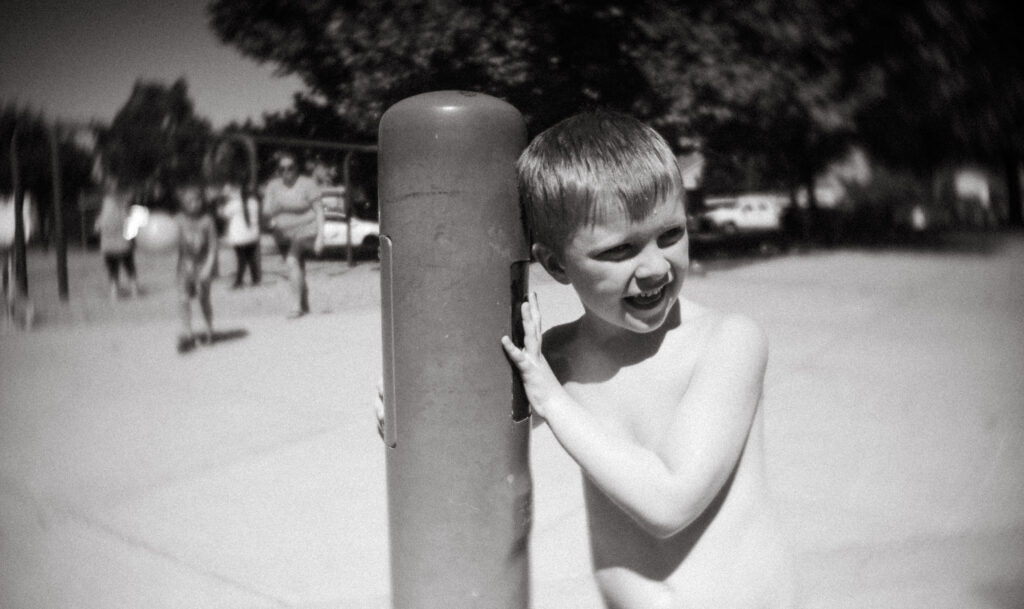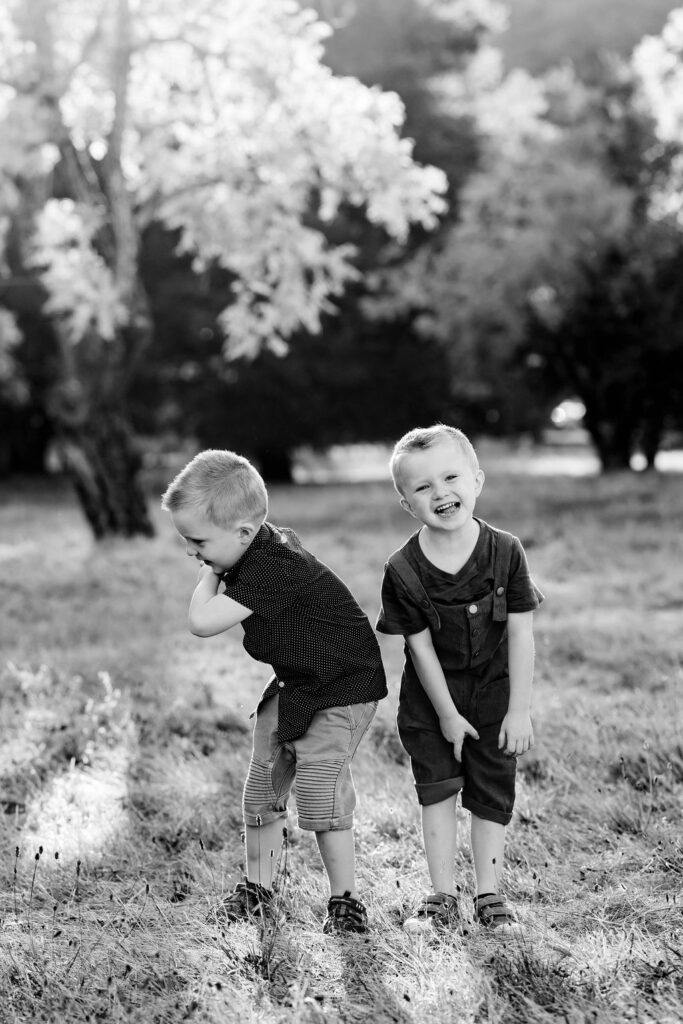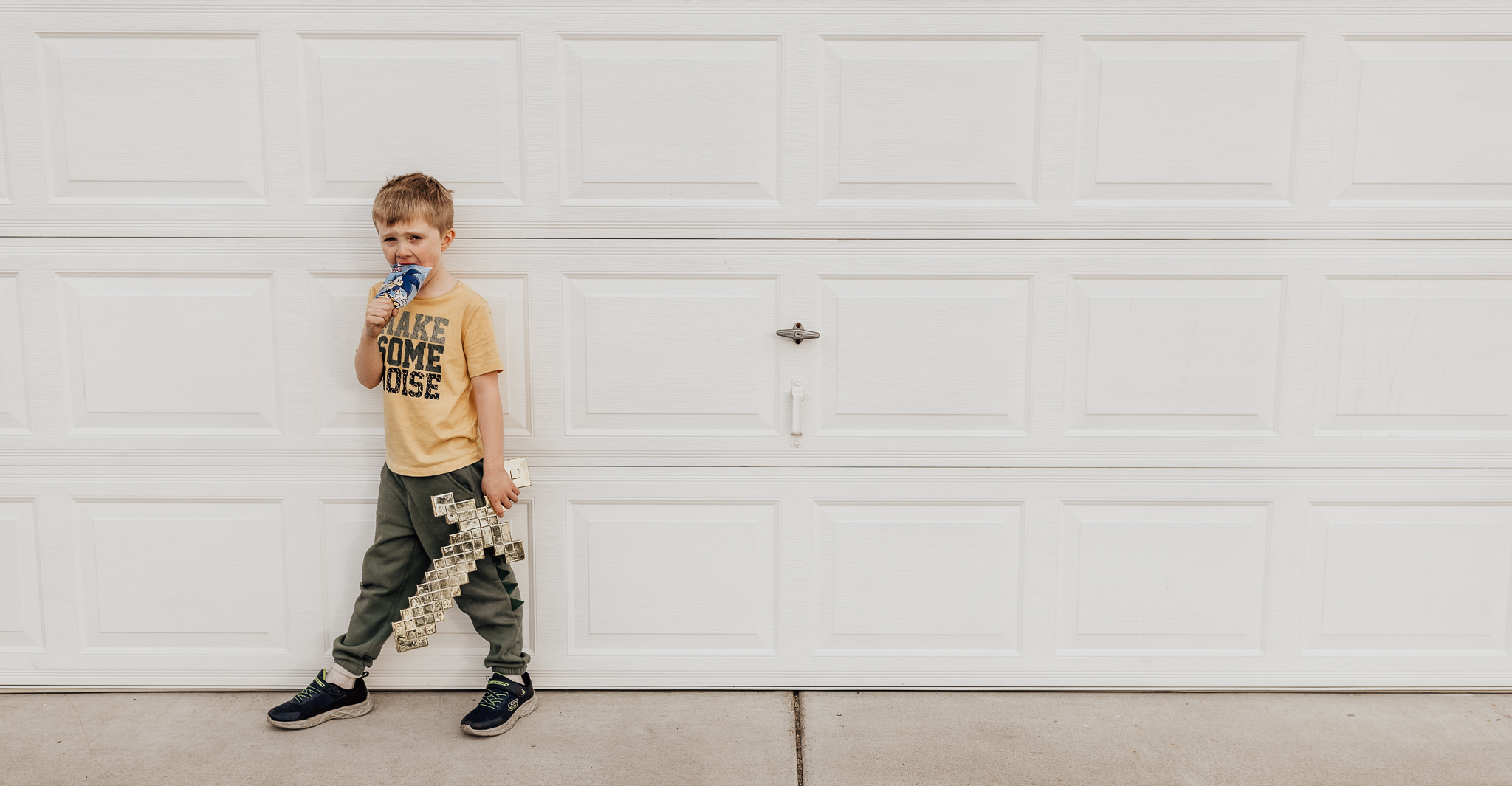Hi friends! Knowing the signs of autism may be a little different than what I normally write about, but this topic rings deeply into my heart and our family’s life. And with California’s autism diagnosis rate now being one in every 22 kids, this is a topic that affects us all.
So before I get into the nitty gritty, I’ll share a bit of our personal experience. For those of you who may not know, my husband and I are parents to two of the most AMAZING twin boys. Granted, we are definitely biased, but TRULY, they are just such bright little sunbeams in this world, and we are so very grateful for them. When my husband and I were dating, we used to talk about what names we would give to our future kids “if” we ever got married. We literally had a running list of baby names going on our phones. It sounds crazy, because we were only dating at the time, but both of us just loved kids and were so excited for the prospect.
At the time, I was working as a nanny to the most amazing family, and I had already graduated from BYU with my Bachelor’s degree in Child Development. I had just moved home from Utah because I had been admitted into Stan State’s MPA program, with the intent of learning how the inner workings of government worked so that I could be a positive influence for change on policies that affected families in the United States (And, of course, join the FBI. I mean, who doesn’t dream about doing that at some point?? 🙂 ) .
Fast forward, obviously we got married, and after a few months, we decided, to go ahead and start thinking about starting a family (We were already in our 30’s, so our biological clocks were ticking, so we thought!). Time moved forward, and nothing was happening. After about a year, we decided to see the doctor, and it turns out that my husband is genetically predisposed to not being able to have children. (And for the record, it’s fine. We are fine. I actually have zero desire to get pregnant, thank goodness. So everything worked out! ha!)
Rob’s family has an extensive history of adopting kids from Foster Care. We didn’t feel that sperm donation would be right for us, so we decided to become resource parents. Whether or not we would adopt these little ones didn’t matter so much as us knowing that they were safe, loved, and cared for in the way that children need it. If the opportunity for adoption came up, we would absolutely choose to do so.
After several months of waiting, we finally got a call–not for ONE baby, but TWO!! Twin boys, four weeks old. Of course, we accepted, and rushed to Target to double-up on all of our baby gear. Fast forward, we did end up adopting them, and they are currently (as of January 2025), 6 years old.

First Signs of Autism (and ADHD)
At first, we were such new parents that we didn’t know up from down when it came to “normal” infant behaviors, especially infants that had tested positive for substances. So despite all of our personal knowledge and training, living with two infants who would scream for hours daily, who would stiffen up and either want to be held constantly, or never wanted to be touched, was definitely difficult for us. They would spit up frequently, as well, and absolutely hated tummy-time. We ended up having to put them to sleep in a semi-upright position, gently rocking them through the night. I spent many nights into the wee hours of the morning holding one of them in a baby carrier close to my chest, gently swaying up and down the hallway for hours, while my husband sat in the rocking chair upstairs and did the same thing.
LACK OF EYE CONTACT IN LARGER SOCIAL SITUATIONS
When we made our first attempt at attending a family function, the boys were about four months old. This was their first experience being in a room full of people. I still remember one of our friends who was holding one of them, (who, consequentially, was also a Child Development graduate), lovingly looking at his little face, and asking “Are you concerned at all that he doesn’t make eye contact?” I brushed it off, because at home, he would make eye contact all the time. When I look back on it, of COURSE this was a sign. He was in a new environment, he was probably overstimulated with all of the people around him, and he was shutting down. Even as a baby.
OTHER SIGNS
Other signs I noticed were lack of response when I tried getting their attention. It was like they were in their own little worlds. I remember at one point having their hearing checked, and everything came out normal. They seemed to struggle mimicking my facial expressions, didn’t point much at things they were excited about as toddlers (but would reach for things that they wanted), and would get fixated on things like blinking lights or specific toys. Humming, tip-toe-walking, taking toys apart, OBSESSION with water (they would just run towards large bodies of water and jump in…we were terrified!), and incredible abilities to observe things were also in the running for signs.
Speech also came late for them, as well (which is actually normal for twins, so I didn’t think anything of it), as did other physical milestones. They struggled with social reciprocity–they were very focused on what THEY wanted to do, and if peers attempted to engage, it would either cause rage or disinterest. And with one of our boys, he was incredibly picky about his food. If it wasn’t a food that felt safe to him, he would literally starve himself and not eat.
DIFFICULT BEHAVIORS
Behaviors got to where we couldn’t bring them to social events. Running away, meltdowns, fixating on off-limits things, difficulty with redirection, and aggression towards other children were frequent issues. We would frequently get kicked out of daycares due to staff’s inability to handle them with other children around. Family members would say things like “you need to be more firm with them! They are out of control!” But I knew in my heart that we had something else going on, because all the “normal” things just didn’t work. So, we withdrew from attending family events for quite a while, and tried to keep their lives as calm and routine as we possibly could.
SCHOOL STRUGGLES
Fast forward, when we started preschool, the teacher had us picking them up from school early every day, saying that the boys just couldn’t handle the chaos at pickup. She even said that SHE was struggling with having them in class. They would be aggressive towards their peers, throw things, and elope frequently. One of the boys would pick up ribbons or anything on a lanyard or string and swing it in circles, over and over and over,–he would do this all day long, as often as the teachers would permit, and then come home and do it more. This continued into TK, and by Kinder, we finally had a diagnosis. FINALLY. We are so thankful, also, for teachers and friends who pointed out that our children were showing signs of autism, otherwise, we probably would not have pushed for a diagnosis.

No Two Children with Signs of Autism Are The Same
Every child with autism will show different signs. Let me make this clear–our experiences WILL be different than your experiences. Autism is a tricky little bug, but essentially, at its root, it is a social impairment as well as a nervous-system/sensory impairment. Imagine your nervous system. If you put a sandwich in your mouth, have you ever paid attention to the way the bread makes your tongue feel? We have all been mesmerized by the softness of a fresh loaf of bread, but if that bread sits out for too long, it gets a little rough, and isn’t quite as pleasant to eat. We may just spit it out, but for a kid who struggles with sensory issues, they may have a whole different experience.
Understanding Sensory Processing Issues
Sensory processing issues is another pretty large red flag when it comes to signs of autism. If these kids with taste sensitivities were to put that rough piece of bread in their mouths, they may feel like they have a mouth full of sand, which then makes their nervous system go into fight-or-flight mode, and make them want to gag. Or if a room full of people is too visually overwhelming, it may feel like their whole world is spinning internally (there’s that fight-or-flight mode again!). If you have a child that is overwhelmed when there are too many sounds, their brains may have a hard time focusing on anything because they can hear EVERY sound individually at the same time. Can you imagine how difficult that would be?
We all have our little sensory quirks, so if you are having a hard time understanding your child or a child you associate with who is on the spectrum, think about those things that make your skin crawl, and realize that these kids are experiencing that tenfold with things that may not bother neurotypical individuals. Then, imagine a child having to deal with those feelings and not knowing what to do about them–so they react strongly, and what we SEE are behaviors. But we have to look at what is going on UNDERNEATH those behaviors and how we can address that first, because trust me when I say, they will not hear your correction in the moment, and you may become frustrated as a result.
It’s NOT Your Fault
Is your child showing some of these signs of autism? This isn’t your fault. Let me re-iterate that. THIS ISN’T A PARENTING PROBLEM. We weren’t and aren’t bad parents. Perfect? No way. But we weren’t doing something to CAUSE this. And it can absolutely make you question yourself and your ability to parent. But these children just tick a little bit differently, and yes, its good and necessary to understand where they are coming from and make accommodations for them.
We don’t have to teach them to be victims, but we CAN respect their boundaries as little humans and help them work through their difficult emotions so that they can figure out how to function in this neurotypical world. We need to teach them how to recognize their own emotions and sensations and speak up about what they need. And for those children that are non-verbal, this can be especially difficult. I recommend speaking to a speech therapist and/or an occupational therapist to help give them communication tools that will work for them.
In Conclusion….
If you see signs of autism in your child, it doesn’t hurt to get them checked. Talk to your pediatrician. Geneticists are now finding that autism may potentially be genetic. If you feel like you can relate to your child with autism, it may be good to get yourself checked as well. Having a diagnosis, while it can feel stigmatizing, is a great way to find relief and understanding. And if your child does receive a diagnosis, they then have access to very valuable (and dare I say, even vital) services that they otherwise would not have access to.
Thank you for being here. I hope to see you soon. If you have any questions or concerns or comments, let me know below!!
And if you are excited to start your family, and are ready to book a birth photographer, I know a girl! ;). No matter what little souls come to us, raising these children is going to be the biggest blessing of your life. And I’m SO here for it!
Interested in reading more? Check out these blogs:
Miscarriage Support — The Pain of Grief and Loss During Pregnancy and Birth
